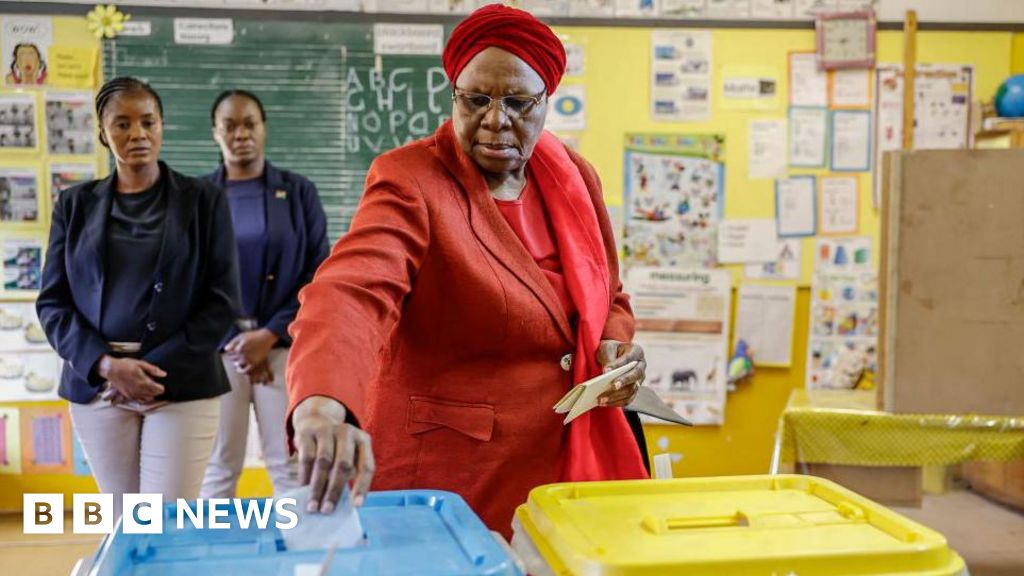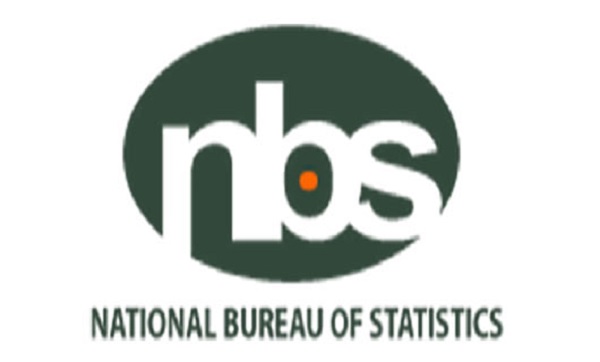With most of the fraud in the banking industry perpetuated through mobile banking, banks and telecoms operators in the country have agreed that there is a need for a national database and collaboration among regulators and operators in the financial and telecoms industry to fight fraud in the country.
Fraud data by the Financial Institutions Training Centre, showed that 33.4 per cent of the nearly 12,000 fraud cases reported in the first half of the year was related to mobile channels, which include mobile apps and internet banking.
According to the chief internal auditor at United Bank of Nigeria (UBA), Kayode Ajayi, this had formed the basis of the focus of the UBA Fraud Awareness Week. The bank had brought together operators in the banking industry, telecoms regulators as well as security operatives to discuss the way forward in addressing fraud through mobile channels.
He noted that the focus on ‘Collaborative Action Against SIM Theft and Mobile Number Compromise’ was to re-emphasise the need to tackle the most predominant fraud pattern taking over the financial industry digital space, adding that, “We know fraud architecture is changing so also our strategy should also change. Several types of damage occur when you drop your phone; your data could be compromised and one of the main ways to store data could be in danger. We know that fraud is now moving into our mobile system.”
In his keynote address, Lead Fraud Management Systems, Enterprise and Mobile Money Assurance at Airtel, Ayodele Ogunmiloro, pointed out that SIM swaps and SIM recycling as a major contributor to the rising fraud through mobile channels.
Noting that there is a disconnect between banks and telecoms operations in the cases of swaps and recycling, he stressed the need for collaboration as the rising level of mobile fraud is a pressing issue threatening Nigeria’s digital landscape.
He stated that, as mobile technology continues to drive communication, banking and commerce “the safety of our mobile networks is crucial for national development. SIM theft and mobile number compromise undermines this safety, creating financial personal and societal risks. Hence to combat these threats effectively collaborative multi-stakeholder approach is very essential.
Highlighting the impact of mobile compromise, he said, asides from leading to identity theft, victims of mobile compromise are also at a high risk of loss of the funds in their various bank accounts as they are mostly linked.
He pointed out that the root causes of SIM theft could be the weak verification system, as he noted that the introduction of the “National Identification Number for every SIM registration and SIM swap so it becomes a little bit a little bit more difficult you know for these fraudsters to gain access to people’s SIMs.”
Ogunmiloro also cited social engineering as another root cause adding that “Weak regulations, insufficient penalties and enforcement mechanisms emboldens these criminals. So, we call on the legislators and law enforcement agencies to enact and enforce laws that would increase the penalty for such offences.
Noting that mobile channel fraud is committed through SIM theft, he stressed the need for mobile phone owners to safeguard their phone numbers by activating personal identification number on their SIMS and also notify their telecom operators when they are travelling or would not be using the sim for a while.
On his part, head of Cyber Crime Investigations at the Economic and Financial Crimes Commission, Abba Sambo Usman noted that majority of frauds take place with collusion of insiders where insiders in the financial institution access the back end and change customer details such as phone numbers.
Stressing the need for financial institutions to ensure that the work environment is not toxic as he said this is a major factor in the rising fraud rate. “We have associated two factors to the success of insider participation in fraud and the first one is the issue of a toxic environment.
“When staff are managed in such a way that they are made to feel worthless, no matter the controls that are put into place, because people remain the weakest link, those controls will go down the drain. The second is the issue of lack of proper background checks. Many times institutions employ people that are from backgrounds that are linked to criminal activities and lastly is the use of contract staff.
Critical infrastructure is in the hands of contract staff that are not well paid and are demoralised.
Stressing the need for a national database, head of Information Security and Data Protection at First Bank of Nigeria, Yahaya Attai noted that while SIM recycle is telco induced and SIM swap is subscriber induced, banks cannot track everything.
“Banks have a system in place that can track some of these things but the problem we have for SIM swap is that there is an element of integration today I can look up the integration I see Sims that are related to my customers that are swapped but for SIM recycle that integration has not happened.
“We have engaged NIBSS because they don’t have the power over the telcos so they cannot force them to do that integration. For SIM recycling which is also critical we have not seen those integration but we already have pipelines to NIBSS and are waiting for when the telcos will be ready.
“The bigger problem is even the SIM swap because what we have is in piece meal. In other countries they have a National Database where you can query the status if somebody is opening an account you can actually query the number that is being imputed in that account opening you get the status of that SIM. If we have this thing put together it will be easier for the financial institutions to combat fraud in the country,” Attai pointed out.

 2 hours ago
30
2 hours ago
30















 English (US) ·
English (US) ·